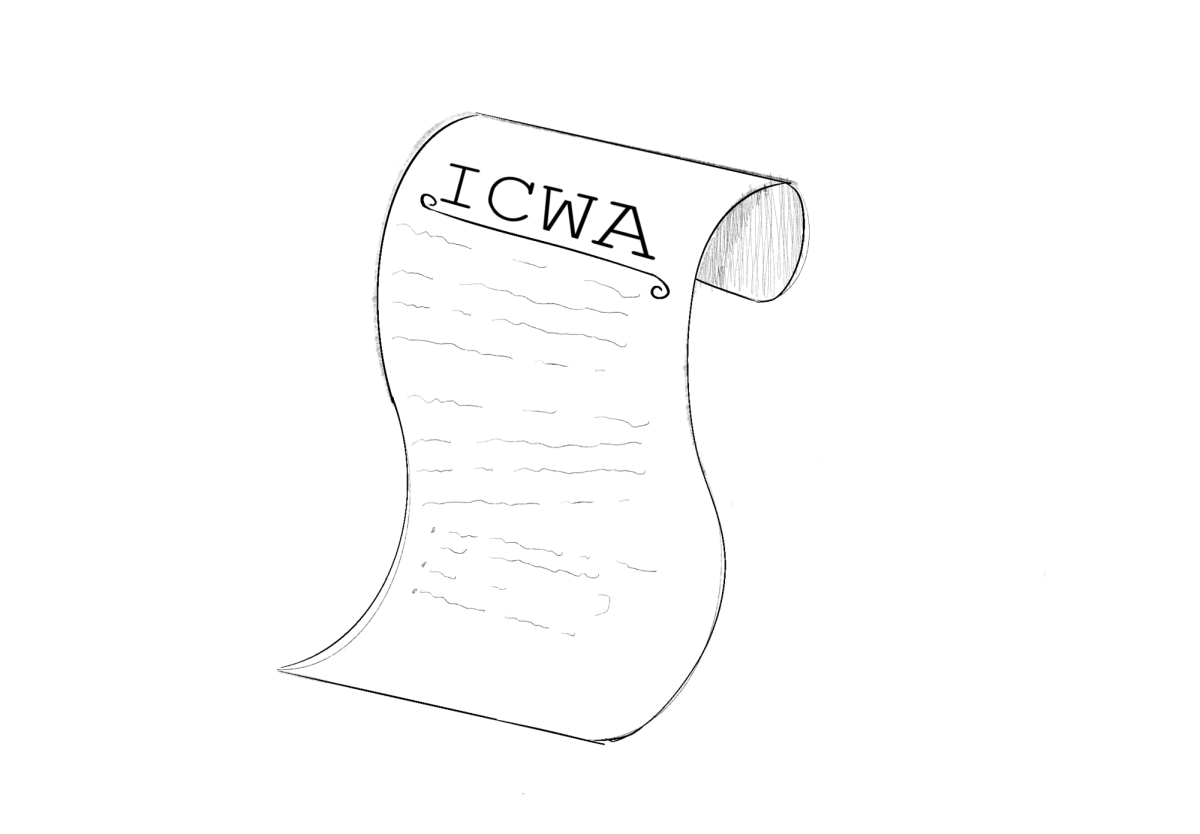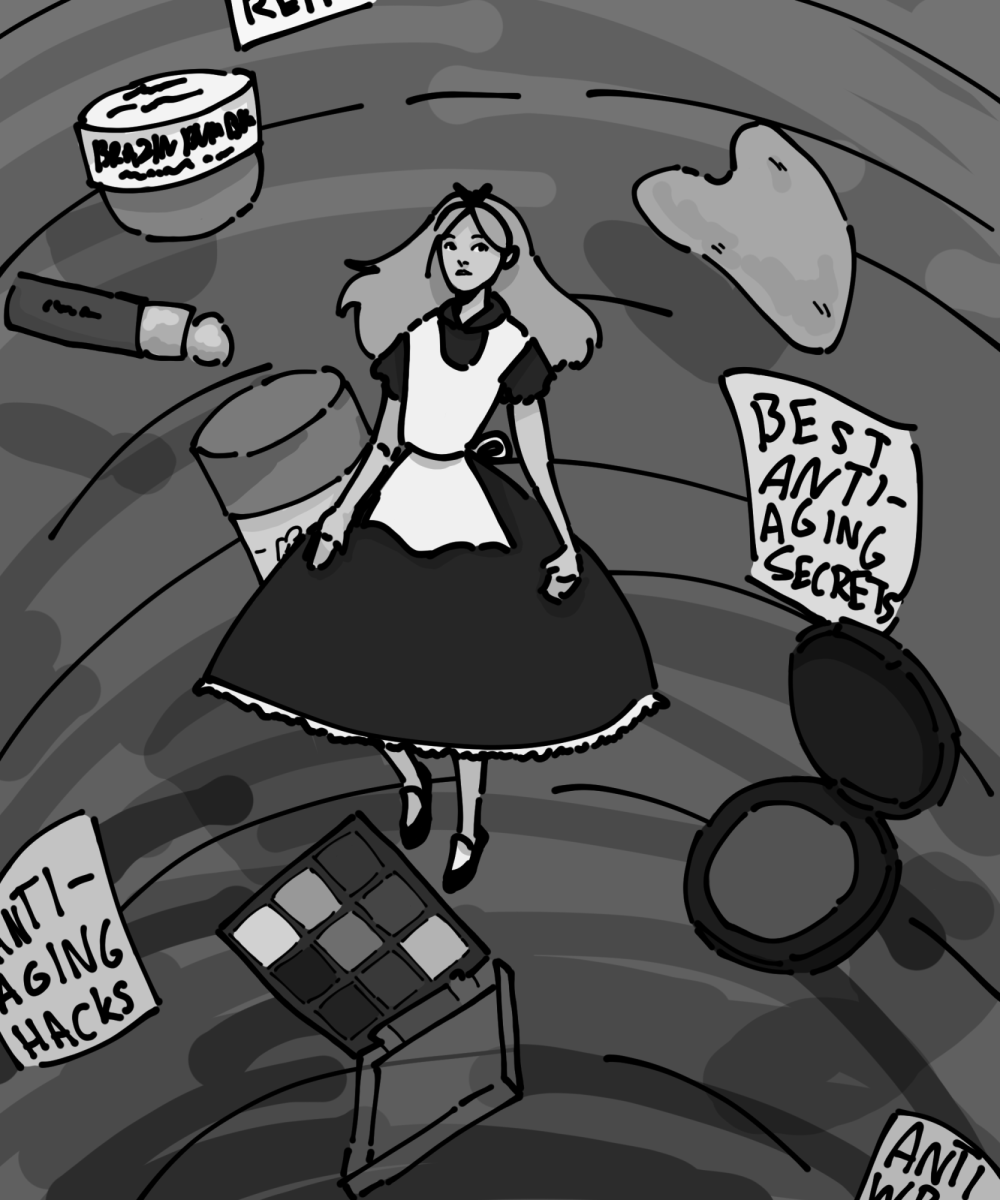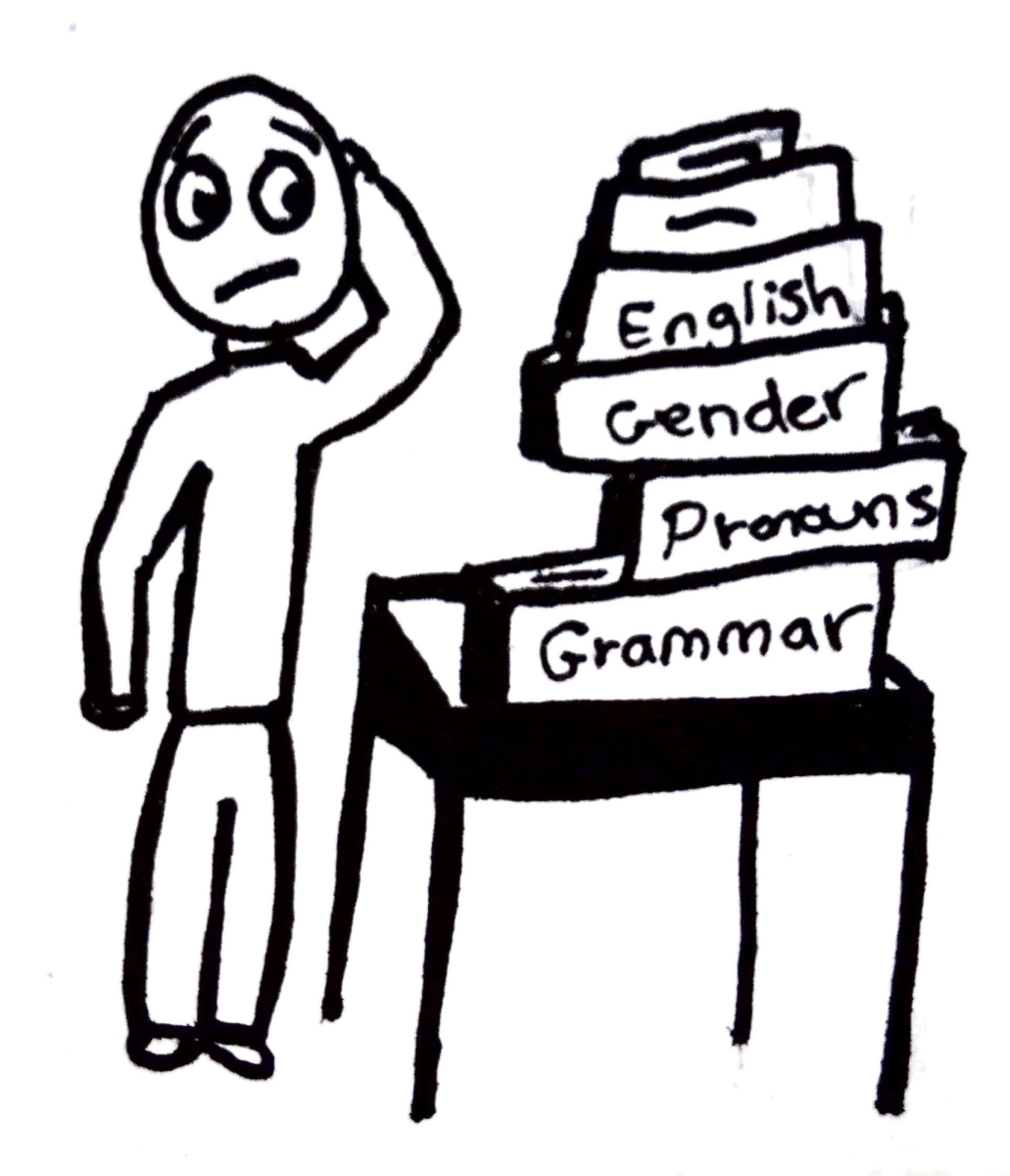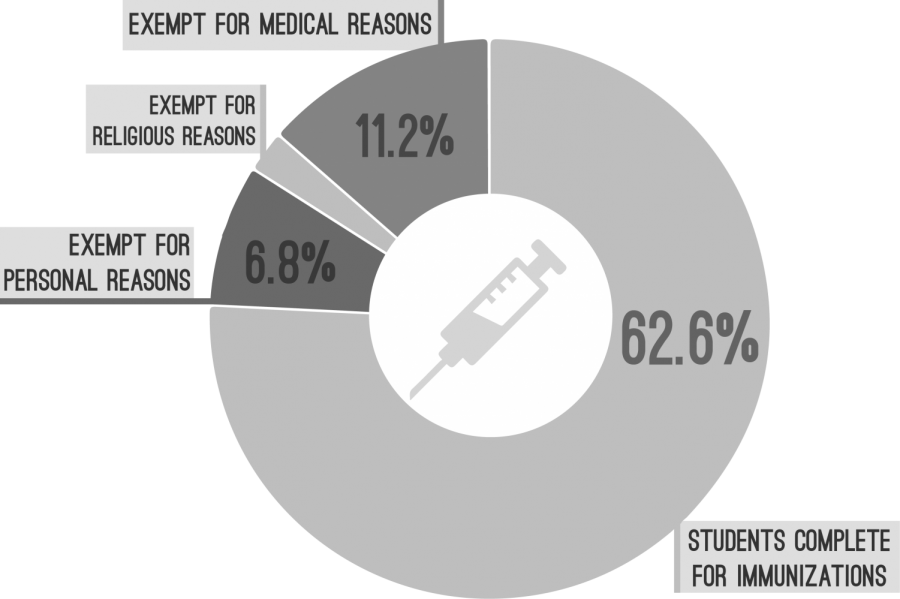Teen Health Center launches vaccine awareness campaign amid measles outbreak
Ellie Rice, Staff Reporter
Originally published March 7, 2019
Ian Davino
Even though measles was declared eliminated in the United States in 2000 by the Centers for Disease Control (CDC), outbreaks have persisted across the country since then due to the increasing rates of unvaccinated individuals.
Gov. Jay Inslee declared a state of emergency after almost 50 cases of measles were declared in Clark County and one in King County on Jan 25. Most of these cases were found in unvaccinated children.
Currently, vaccination rates remain around 90 percent nationally. However this varies by region. The anti-vaccination movement can often be found clustered in affluent, liberal areas. This could explain why the Pacific Northwest has lower vaccination participation rates compared to other parts of the country.
A significant issue the Seattle School District is facing currently is the lack of documentation proving immunization for students. As records are being moved to being completely digital, school nurse Annette Cologna and Nursing Practitioner in training at the Teen Health Center Anna-Lise Krippaehne have found that a large portion of the school doesn’t even have records to show their vaccination status.
Krippaehne is currently in the middle organizing a system to remind Teen Health Center patients if they are not up to date on their vaccinations.
“My goal in this project is to create more of a system to remind patients of their non-compliance status of parents to let them know that for whatever reason their record is not up to date and that we need to bring them up to date that way we can show we are in compliance with the School District’s policies,” Krippaehne said.
According to data released by the Department of Health, in the 2016-17 school year only 62.6 percent of students at Ballard had their immunization records complete, but only 14.8 percent had documentation allowing exemption.
The MMR vaccine, which protects against measles, mumps, and rubella, is about 93 percent effective for one dose and about 97 percent effective for two. The vaccine protects for life and does not require a booster vaccine. Immunized people are much more likely to have a milder illness and are also less likely to spread the disease if they contract the disease.
Washington is one of the 18 states that allow non-medical exemptions for vaccines, including personal, medical, religious or religious membership reasons. All exemptions require a signed declaration from a health care practitioner except religious membership. Washington state lawmakers have recently proposed banning some of these exemptions.
The World Health Organization (WHO) listed vaccine hesitancy on their list of the top global health threats for 2019. They describe this as, “The reluctance or refusal to vaccinate despite the availability of vaccines.”
The fear that vaccines increase risk of autism originated with a 1997 study published by Andrew Wakefield, in “The Lancet,” a prestigious medical journal. It suggested that the MMR vaccine was increasing autism in children.
The paper has since been discredited due to serious procedural errors, undisclosed financial conflicts of interest, and ethical violations.
Since 2003, there have been nine CDC studies that have found no link between the MMR vaccine and Autism Spectrum Disorder in children.
According to the CDC, the signs of measles appear around 10 to 14 days after exposure to the virus. Symptoms include fever, dry cough, runny nose, sore throat, conjunctivitis, Koplik’s spots and a rash made up of large, flat blotches. The infection occurs in sequential stages over a period of two to three weeks.
The CDC also describes how immunizations make it harder for diseases to spread, even if there are people who are medically unable to be vaccinated. This is called the herd immunity threshold. This indirectly protects populations from infectious disease and occurs when approximately 90 percent of a community are immune, therefore protecting the individuals who are not immune due to the spreading being slowed. Diseases are more likely to spread throughout communities with low vaccine compliance rates. Herd immunity is an important factor to protecting people who cannot be vaccinated due to medical reasons.
According to WHO, “Vaccination is one of the most cost-effective ways of avoiding disease—it currently prevents 2 to 3 million deaths a year, and a further 1.5 million could be avoided if global coverage of vaccinations improved.”
Students who are not immunized can receive vaccinations at the Teen Health Center for free with parental consent. Students who are not sure if they are vaccinated can check their records with the school nurse, or can get a blood test by a health-care provider.
![West Seattle High School’s (WSHS) Chinese program is closing down and teachers in the program are informed to transfer to a different high school. At WSHS, 475 both former and current students have signed a petition to help teacher Ying Yu continue her Chinese program. She shares that initially, the program offered only four classes with 90 students but with her initiatives, the program grew to be full-time with 154 students and 137 students on the waiting list. (Seattle Public Schools Board Meeting YouTube Channel: Seattle Schools Board Meeting May 8, 2024, [58:25])](https://ballardtalisman.org/wp-content/uploads/2024/06/Screenshot-2024-06-14-134038.png)


![“Link Crew is meant to be a way for [upperclassmen] to help ninth graders with the transition to high school,” Laura Lehni, language arts teacher, ASB advisor and Link coordinator, said](https://ballardtalisman.org/wp-content/uploads/2024/05/IMG_4601-1200x800.jpg)





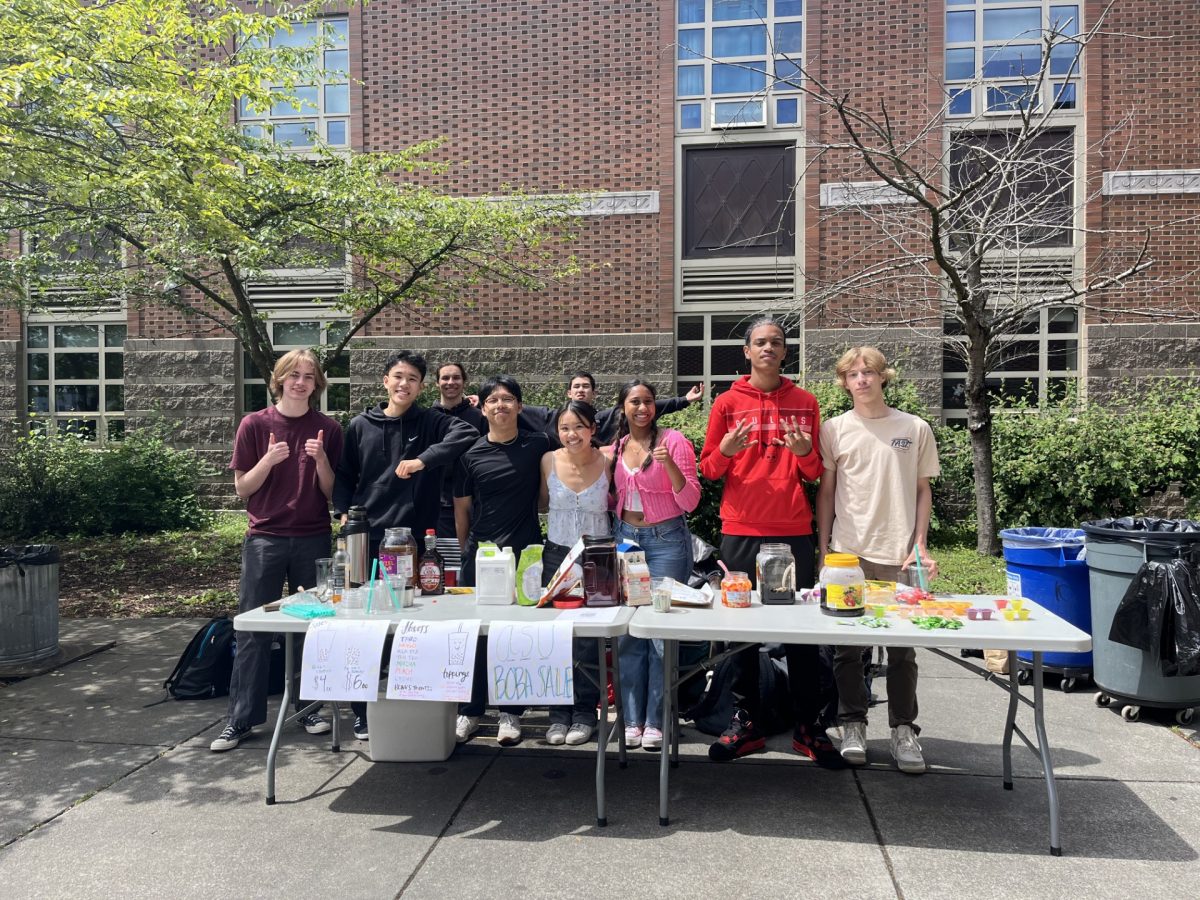




![Henry Willy [pictured left] taking the field with his teammates in a 10-11 loss vs. Saas.](https://ballardtalisman.org/wp-content/uploads/2024/05/IMG_2431.jpg)



